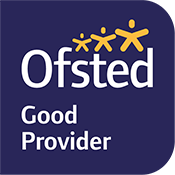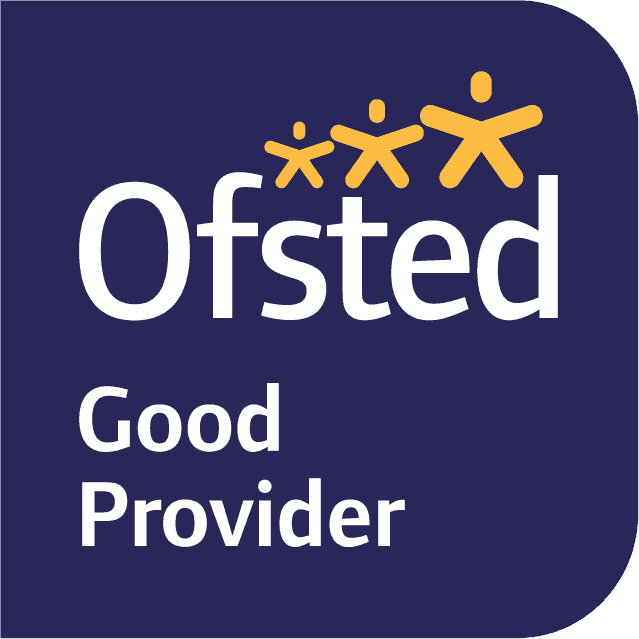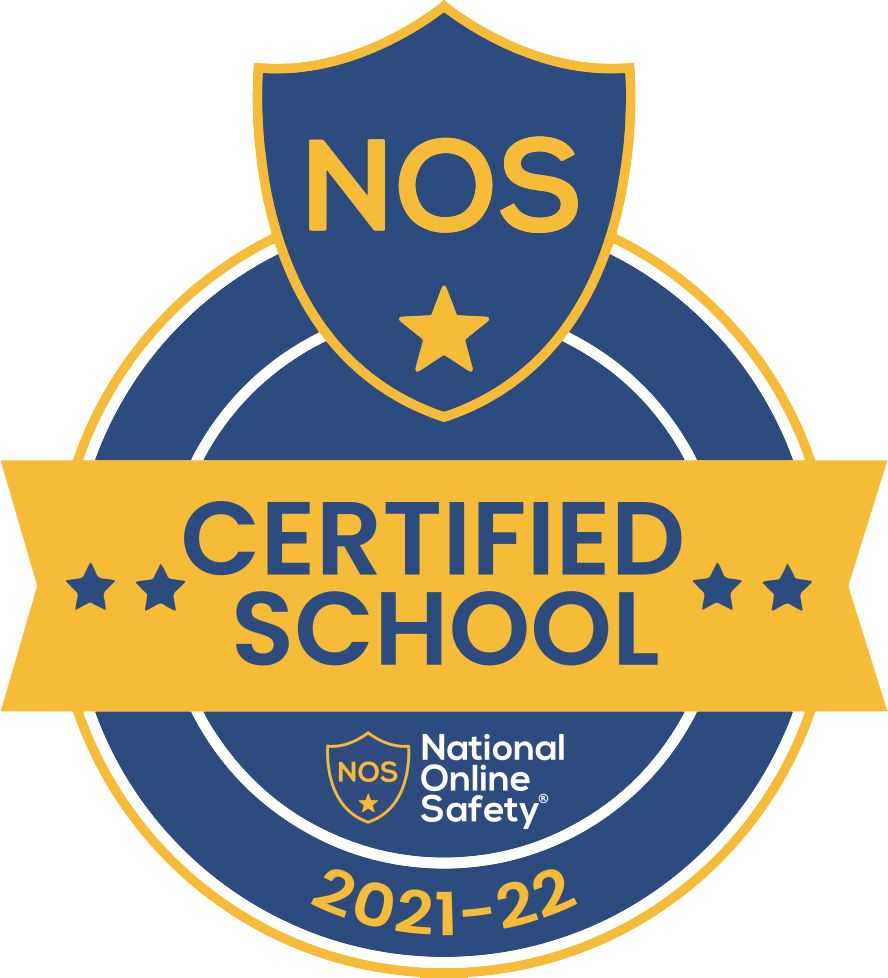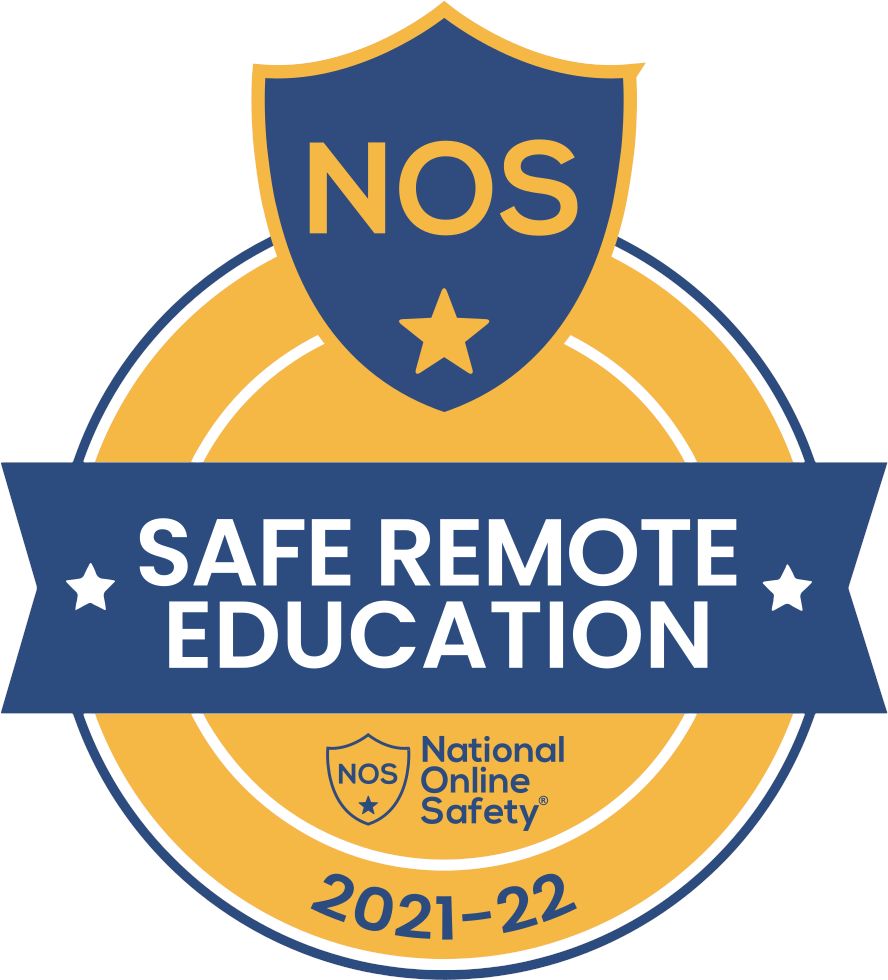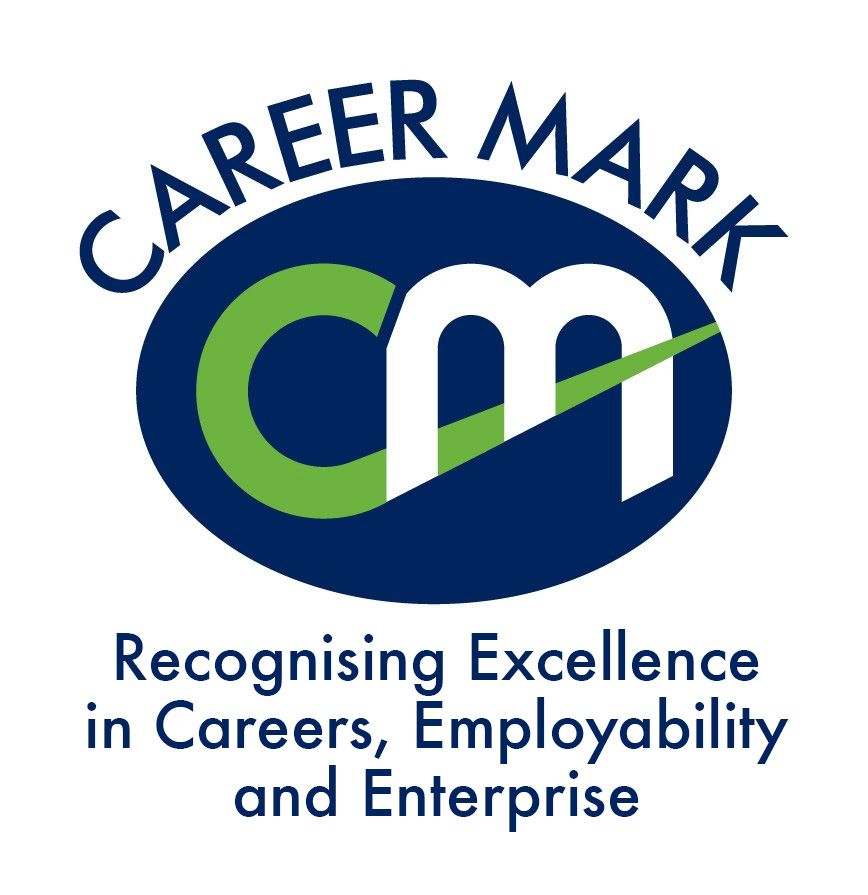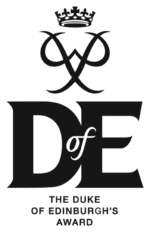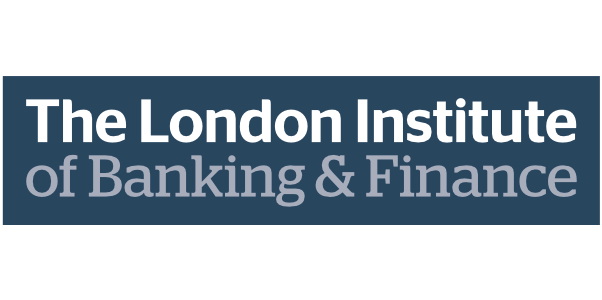History
History Curriculum Intent
Our intent is comprised of the following 3 sections:
- Our vision for the subject/faculty and the purpose it serves for our pupils
- Defining what the key concepts and core domains of knowledge are, that pupils will learn about
- The end points our curriculum is working towards
- Our vision
- Aspiration –to expose students to potential Career opportunities involved with History related to lessons taught. To offer a range of Aspirations linked to the History of the UK and the world. We provide opportunities for students to articulate their opinions via ‘Talking Points’ so that they can gain confidence to stress their ideas appropriately.
- Core knowledge – students are taught about the History of Corby and the link to the Vikings, Medieval Realms, the Tudors and Stuarts in Year 7. In Year 8 they learn about Early African Civilisations, the Atlantic Slave Trade, WW1, Interwar Years, Ireland, WW2 and Twentieth Century USA. At KS4 students follow Edexcel and learn Early Elizabethan England, American West, Medicine Through Time and Weimar and Nazi Germany. At KS5 students are taught Italy 1896-1943, Early Tudors 1485-1558, None Examined Assessment and Civil Rights in the USA 1865-1990
- Skills –History should inspire. Students are taught topics to inspire awe and wonder. Pupils will learn about chronology and why it is important. Power- what it is, why people want it and what they have done to keep hold of it. Similarity and difference across different time periods. Change over time and the skill of being able to recognise how things have changed based on the study of ideas, events and artefacts. Cause and consequence – how events and decisions produce later actions and effects. Perspectives- how people experience events differently. Empathy and being able to understand another person’s views. Significance- how do we judge this and why must historians attempt to determine relative significance.
- Developing cultural capital –Learning about history in a classroom is one thing. Experiencing History via re-enactment such as the Living History group for WW1, day trips to Warwick Castle, Lincoln Castle and Prison and Duxford is another. Residential visits to the Somme and Berlin bring History alive. The ability to hear a Holocaust survivor speak and to visit Auschwitz give students totally new perspectives beyond the classroom.
- Developing character – enabling our students to RISE. In particular developing our Core Values of:
- Respect- History teaches students about periods of time when groups were not respected and how we can learn to never repeat this again.
- Independence- History teaches students the skills of independent research, the excitement of a student discovering information for themselves and sharing this with the class.
- Service- History teaches students about those that have served in the past and the impact this service has had on society today and how we can continue to serve our communities
- Empathy- History is intrinsically about learning from other people’s experiences. Students placing themselves in the ‘shoes of others’ This is taught throughout our curriculum.
- Identifying and addressing context specific need – Our pupils are all unique and valued members of our community. The History curriculum is differentiated to allow each student to thrive and achieve. Students with specific needs are supported through a variety of methods from support in lessons to financial help for trips.
- Learning is sequential – The History curriculum is sequenced to allow student’s knowledge and understanding to grow and build on prior knowledge. Students are taught using DNA’s to recall knowledge. Students are taught with retrieval tasks to ensure that their knowledge builds and avoids cognitive overload.
- Our key concepts and core domains of knowledge
At Key Stage 3, learners will experience a broad a rich curriculum comprising:
Year 7 the History of Corby and the link to the Vikings, Medieval Realms, the Tudors and Stuarts.
Year 8 the British Empire and Slavery, Industrial Revolution, World War One, Women and the Interwar years.
Year 9 they will learn about World War Two and the Homefront, the Holocaust, Black Britons, 20th Century America and the Historic Environment of the Western Front. Migration through Time,
At Key Stage 4, learners will study GCSE in History. Over the life of the course, learners will study:
- Early Elizabethan England 1558-88
- The American West c.1835-1895
- Medicine in Britain c.1250- present & The British Sector of the5 Western Front 1914-1918
- Early Elizabethan England 1558-88
- The American West c.1835-1895
- Weimar and Nazi Germany 1918-39
At Key Stage 5, learners will study A Level History. Over the life of the course, learners will study:
- Italian Fascism 1896-1943
- Early Tudors 1485-1558
- Non Examined Assessment
- Civil Rights in the USA 1865-1992
- The end points of our curriculum
By the end of each year our learners will be able to:

